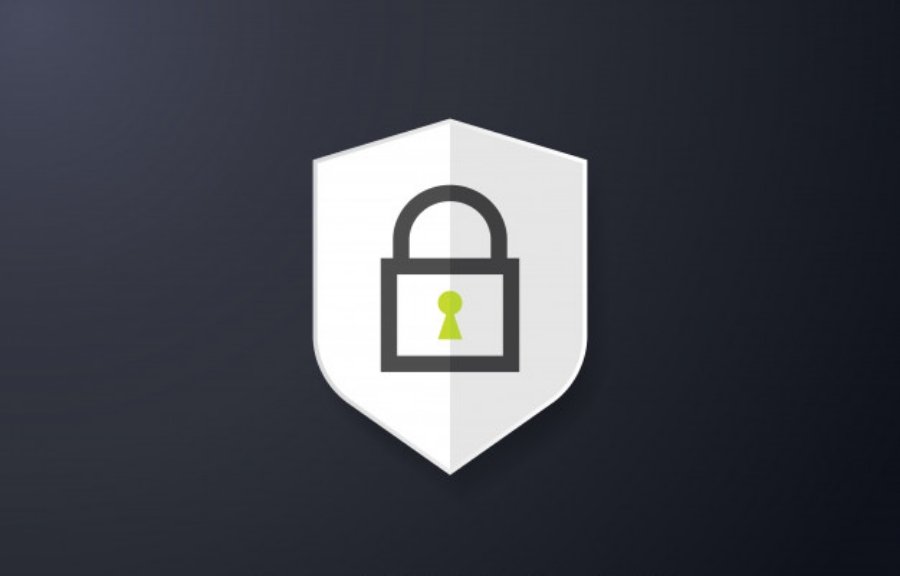Choosing the best VPN is a difficult one not to mention an impossible endeavor. There are hundreds of VPN services and all of them promise to protect your privacy.
Some may be better than others, but no one can guarantee your anonymity.
Why do we say this, since there are hundreds of reviews that state that there are remarkable services.

After his revelations Snowden The VPN industry has begun to flourish and users now have hundreds. All services claim to be better than others.
The business of VPN reviews is also thriving. Do a random search with the terms "best VPN service" or "VPN review" and you will see hundreds of sites full of preferred solutions.
This post is not another review. We did not "get" them to support a VPN service, nor do we use affiliate links.
Btw, the next time you meet a "review" on a foreign or Greek site, notice a little the link that suggests you to follow. Will probably be accompanied by one; and some characters. Or they may use other means to refer without being as visible.
For example https://vpn.site?5y5hsv5se5vy, or https: //clever.admin/refer/vpn.site where clever.admin is the site that writes the review.
For every click you make, especially if you buy a package, they make money. It's not bad, as long as you know it… and in order to know it they have to mention it.
Below we will ask some questions, because we believe that iGuRu.gr is not read in a directed way. You are going to trust your privacy and anonymity to a stranger, and expect to have guarantees.
Vulnerabilities are always there and even with the most secure VPN company, you can not and should not be sure.
Here are some questions we think are important. We are not looking for answers, as they are all related to anonymity and better safety, and companies use very diplomatic ways for our measures.
We hope the questions help you understand that no VPN can secure your data no matter what it promises.
1. Stores (or shares with third parties) any data that allows an IP address to be assigned at a time to a current or former user? What exactly information does he keep, what does he share and for how long?
2. What is the name under which the company is incorporated, there are parent companies and under which jurisdiction it operates
3. What tools are used to monitor and mitigate service abuse, such as limits on concurrent connections?
4. Third party electronic providers are used post officeυ (π.χ. Google Apps), analytics or support tools (eg Live support, Zendesk) that store information provided by users?
5. If the company receives a DMCA removal notice, how is it handled?
6. What action can a company take if a court orders the identification of an active or former user of the service? Is there a court order requiring data entry? Has this happened in the past?
7. What payment systems do they use? Can a company ensure that payment information cannot be linked to the use of an account or an IP (follow the money)?
8. What is the most secure VPN connection and encryption algorithm the company uses?
9. Are there "kill switches" if a connection is found with a DNS / IPv6 leak? Does it support Dual Stack IPv4 / IPv6?
10. Are the VPN servers used by the company hosted by third parties? In which countries where are the servers? Who guarantees that they don't monitor and record traffic directly from the rack?
Do you still believe what the companies promise? If so, you should calculate the hacker as well. A VPN can keep you anonymous if someone does not find out who you are…
As for your data:
We have said many times that there is no security on the internet, and it can not be a place to store important data.
SS: The questions were asked by Torrentfreak, but then it refers to VPN providers with affiliate links.





